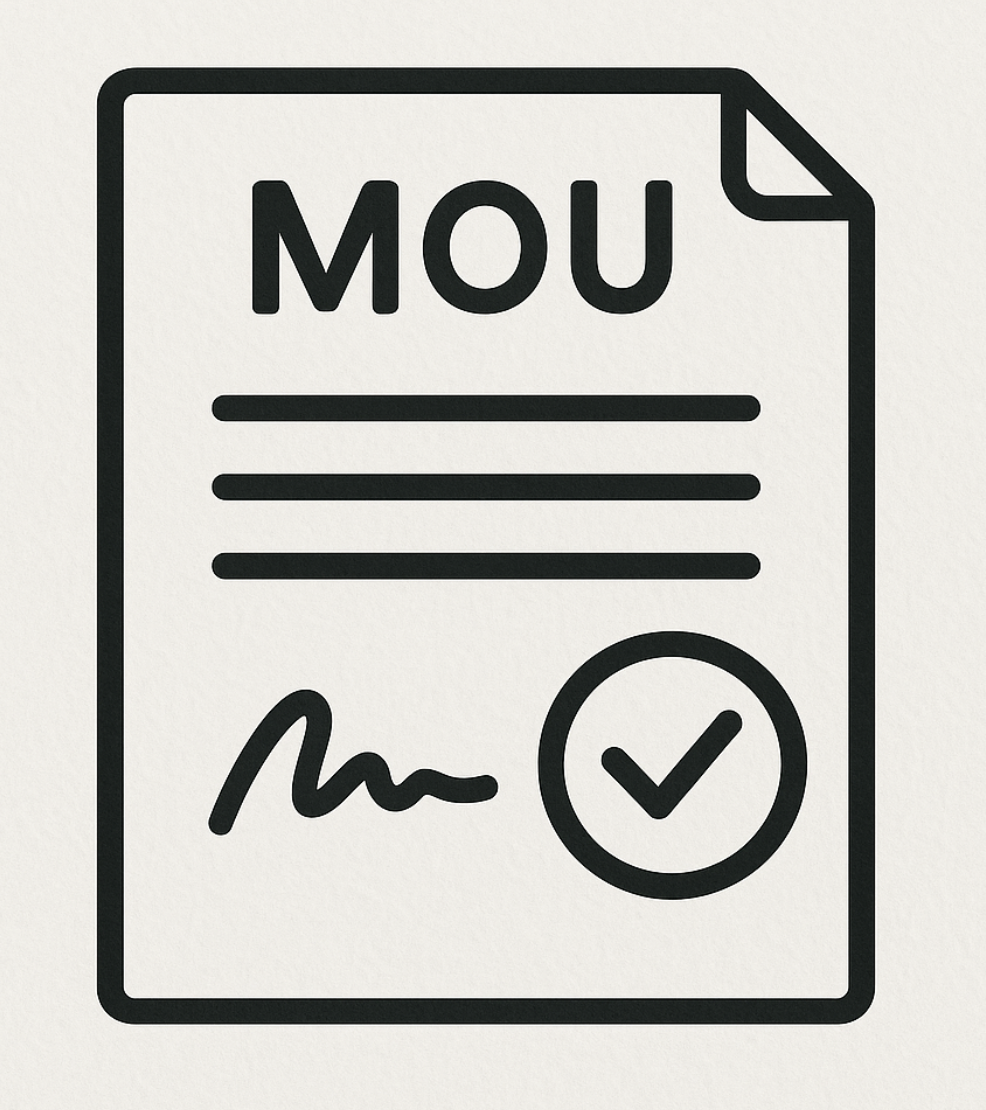PENDIDIKAN HOLISTIK DALAM ISLAM: STUDI TERHADAP IQ, EQ, DAN SQ
DOI:
https://doi.org/10.18592/jtipai.v11i1.4780Abstract
Abstract: This article reveals holistic education in Islam, namely the study of IQ (Intellegent Quotient or intellectual intelligence), EQ (Emotional Quotient or emotional intelligence), and SQ (Spiritual Quotient or spiritual intelligence) in Islam. The holistic education paradigm is a way of looking at education as a whole, not partial, limited, and rigid. This holistic education paradigm can certainly be seen as in line with the world view of Islamic education. Al-Qur'an and al-Hadith explicitly discuss aqal, qalbu, and fuad as the center of IQ, EQ, and SQ showing that Islam gives equal appreciation to the three intelligence systems. The relationship between the three can be said to need and complement each other, because Islam places equal emphasis on "hablun min Allah" and "hablun min al-nas". So, it can be believed that the balance of IQ, EQ and SQ is the substance of Islamic teachings.Keywords: emotional intelligence; holistic education; intellectual intelligence; spiritual intelligence Abstrak: Artikel ini mengungkap pendidikan holistik dalam Islam, yaitu studi terhadap IQ (Intellegent Quotient atau kecerdasan intelektual), EQ (Emotional Quotient atau kecerdasan emosional), dan SQ (Spiritual Quotient atau kecerdasan spiritual) dalam Islam. Paradigma pendidikan holistik adalah cara memandang pendidikan dengan menyeluruh, bukan parsial, terbatas, dan kaku. Paradigma pendidikan holistik ini tentu dapat dipandang sejalan dengan pandangan dunia pendidikan Islam. Al-Qur’an dan al-Hadits secara tegas membahas aqal, qalbu, dan fuad sebagai pusat IQ, EQ, dan SQ menunjukkan bahwa Islam memberikan apresiasi yang sama terhadap ketiga sistem kecerdasan tersebut. Hubungan ketiganya dapat dikatakan saling membutuhkan dan melengkapi, karena Islam memberikan penekanan yang sama terhadap " hablun min Allah " dan "hablun min al-naas ". Maka, dapat diyakini bahwa keseimbangan IQ, EQ dan SQ merupakan substansi dari ajaran Islam.Kata Kunci: pendidikan holistik; kecerdasan intelektual; kecerdasan emosional; kecerdasan spiritual.References
Abu Abdillah Al-Hants Ibn Asad Al-Muhasibi, Menuju Hadirat Ilahi, trj, Tholib Anis, Bandung Al-Bayan, 2003, Cet, Ke-1
Akhmad Sudrajat, http://akhmadsudrajat.wordpress.com/2008/01/26/pendidikan-holistik/. 1-5-2011
Ary Ginanjar Agustin, Rahasia Sukses Membangun Kecerdasan Emosi dan Spiritual Berdasarkan 6 Rukun Iman dan 5 Rukun Islam, Jakarta: Arga, 2001, cet, ke-3
A. Winarno dan Tri Saksono, Kecerdasan Emosional, Jakarta, LAN, 2001
Danah Zohar dan Lan Marshall, SQ Spiritual Intelligence the Ultimate Intelligence, London Vloomsbury Publishing
Ginanjar, Ary. 2001. ESQ ( Emotional Spiritual Qoutient). Jakarta: Arga
Goleman, Daniel. 1997. Emotional Qoutient (Kecerdasan Emosional). Jakarta: Gramedia Pustaka Utama
Husnaini A. Keseimbangan IQ, EQ Dan SQ Dalam Perspektif Islam, Makalah
Suharsono, Akseslarasi Intelegensi, (Jakarta: Inisiasi Pres, 2004), cet, Ke-1
Syaifuddin Sabda, http://www.tarbiyah-iainantasari.ac.id/artikel_detail.cfm?judul=110.1-5-2011
Zohar dan Marshall. 2002. SQ Memanfaatkan Kecerdasan Spiritual Dalam Berfikir Integralistik Dan Holistik Untuk Memahami Kehidupan. Bandung: Mizan
Downloads
Published
How to Cite
Issue
Section
License
Authors who publish with this journal agree to the following terms:
- Authors retain copyright and grant the journal right of first publication with the work simultaneously licensed under a Creative Commons Attribution License that allows others to share the work with an acknowledgement of the work's authorship and initial publication in this journal.
- Authors are able to enter into separate, additional contractual arrangements for the non-exclusive distribution of the journal's published version of the work (e.g., post it to an institutional repository or publish it in a book), with an acknowledgement of its initial publication in this journal.
- Authors are permitted and encouraged to post their work online (e.g., in institutional repositories or on their website) prior to and during the submission process, as it can lead to productive exchanges, as well as earlier and greater citation of published work.










